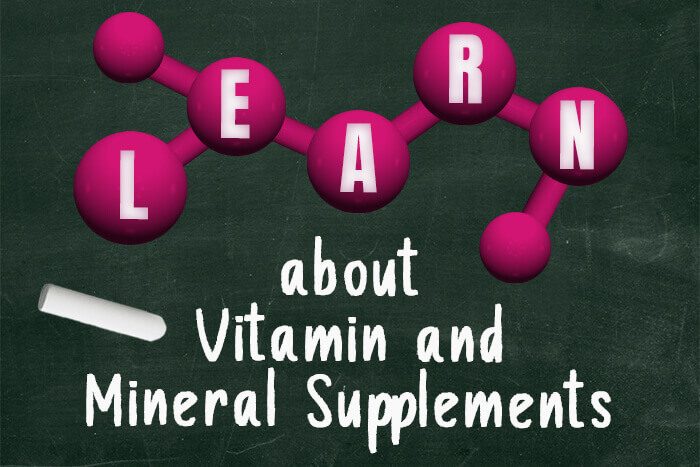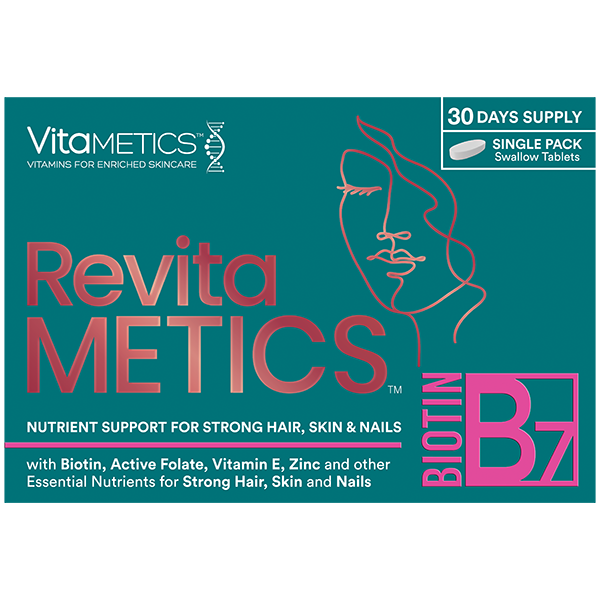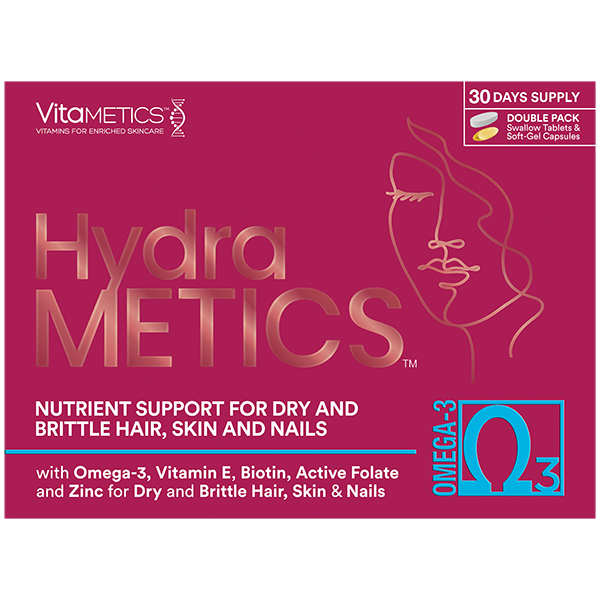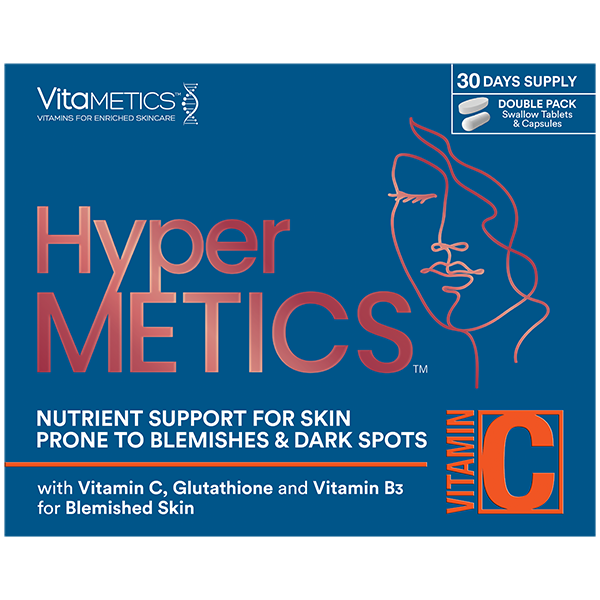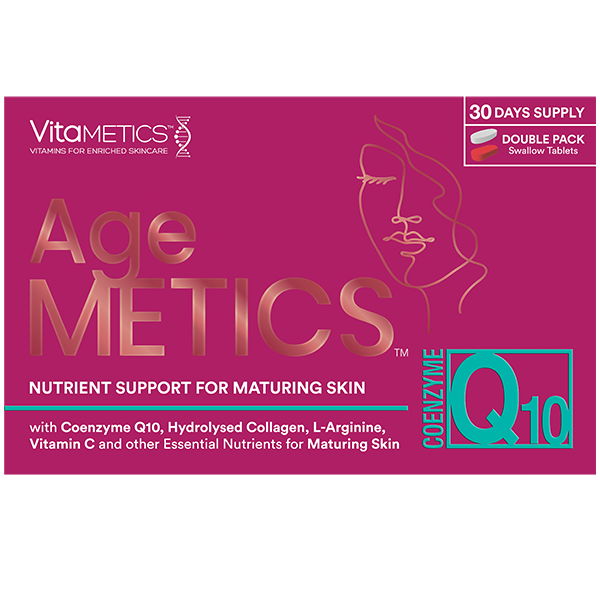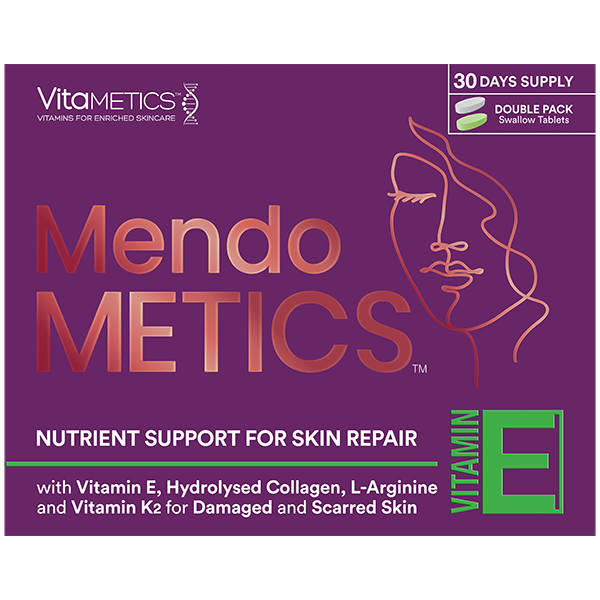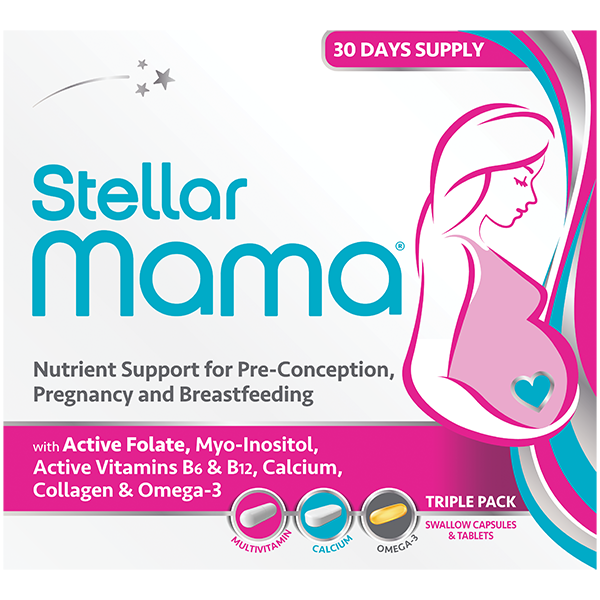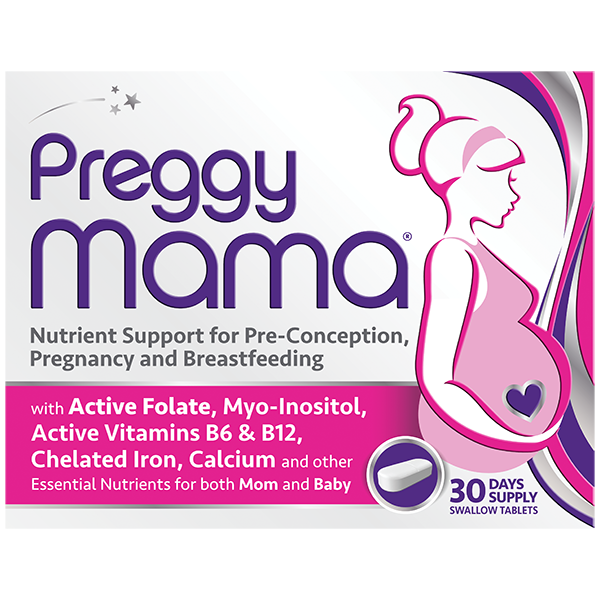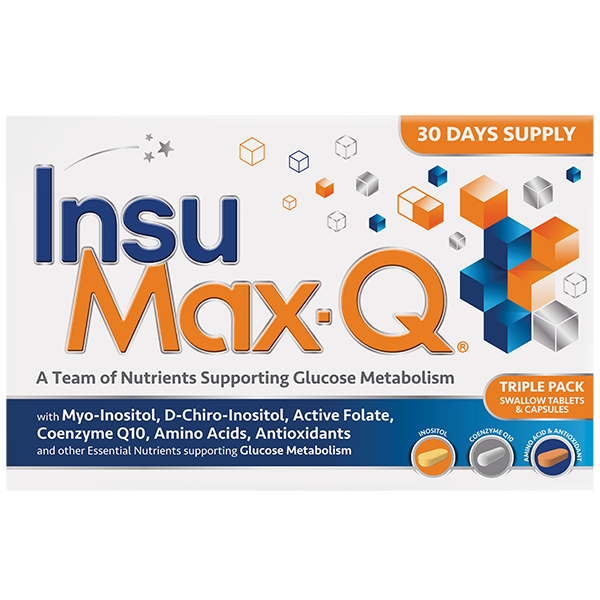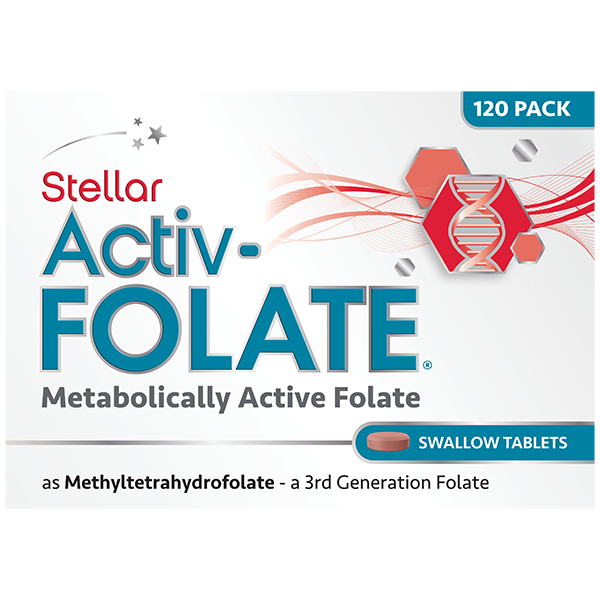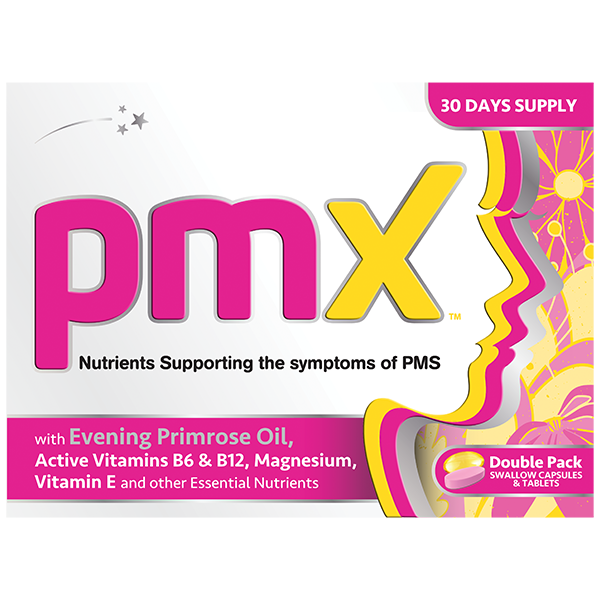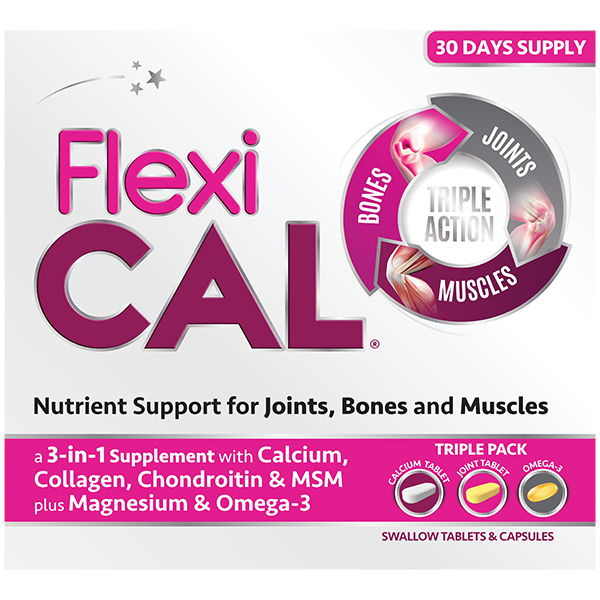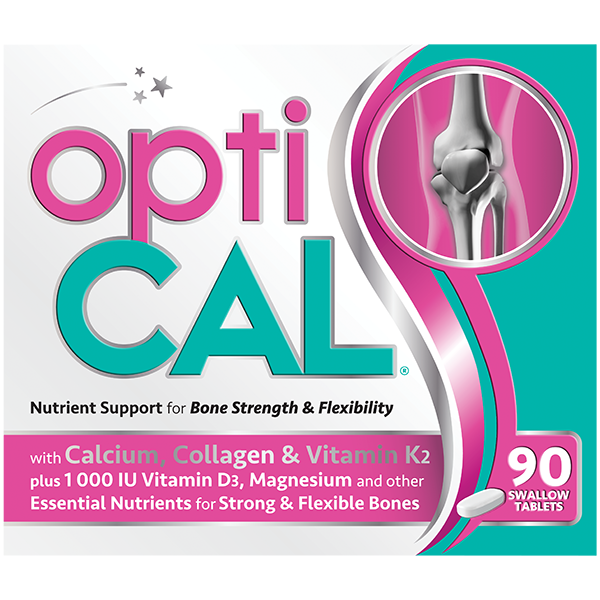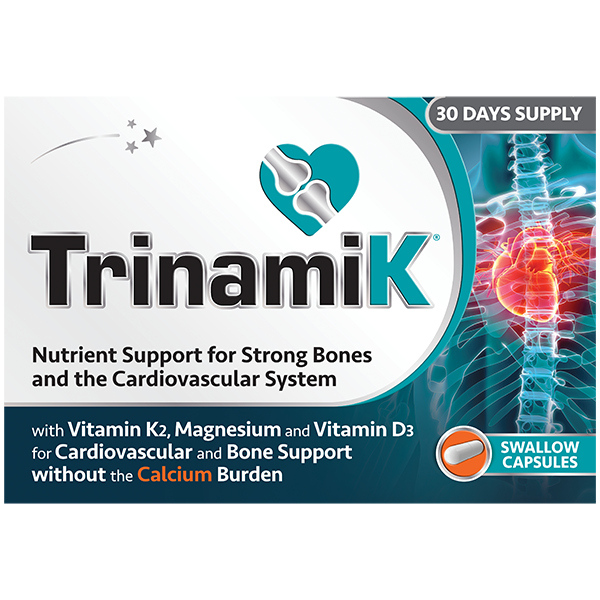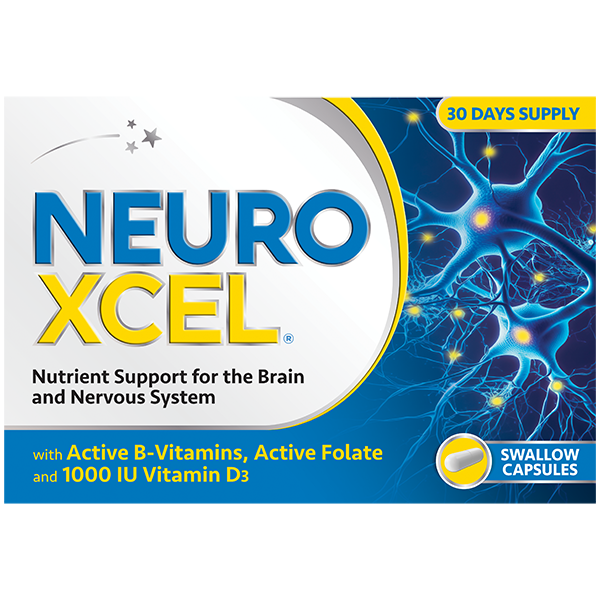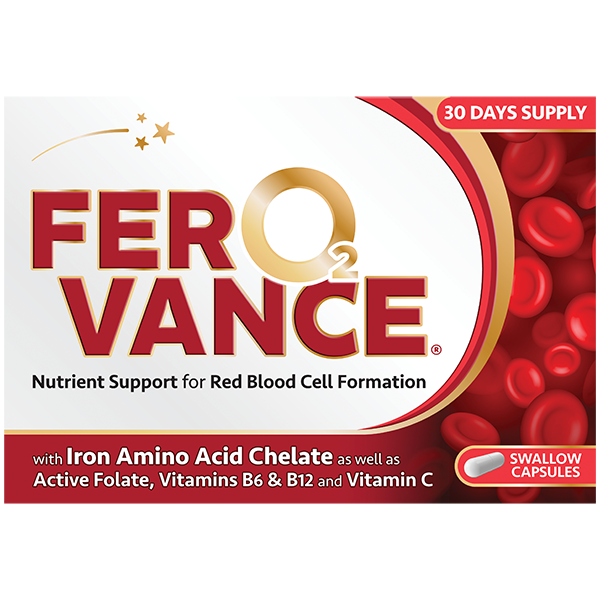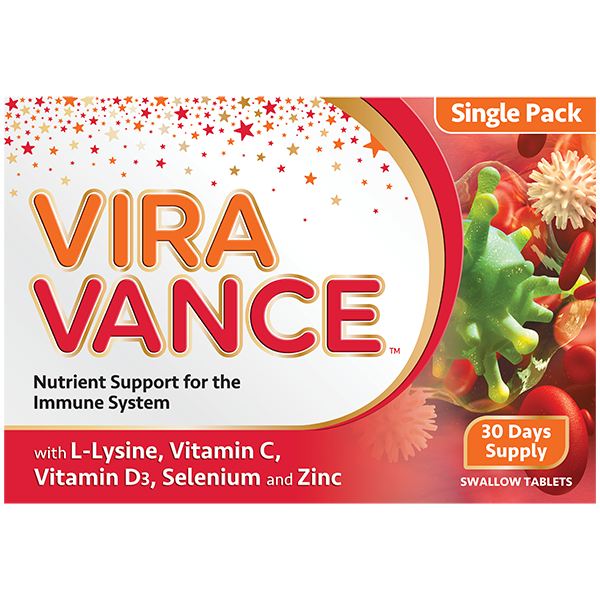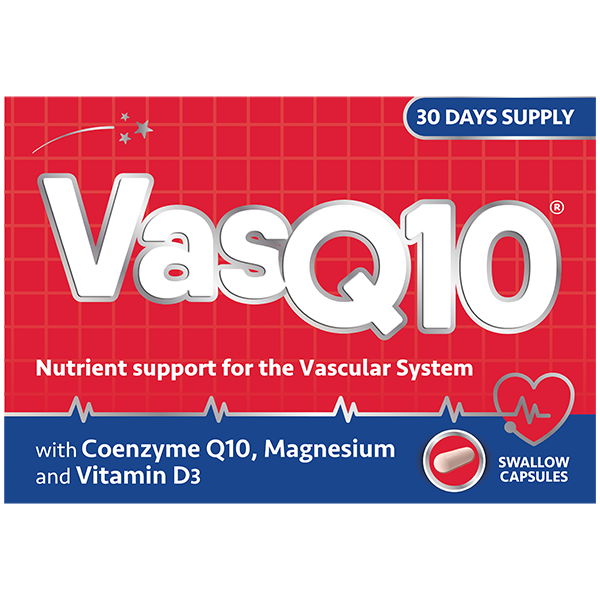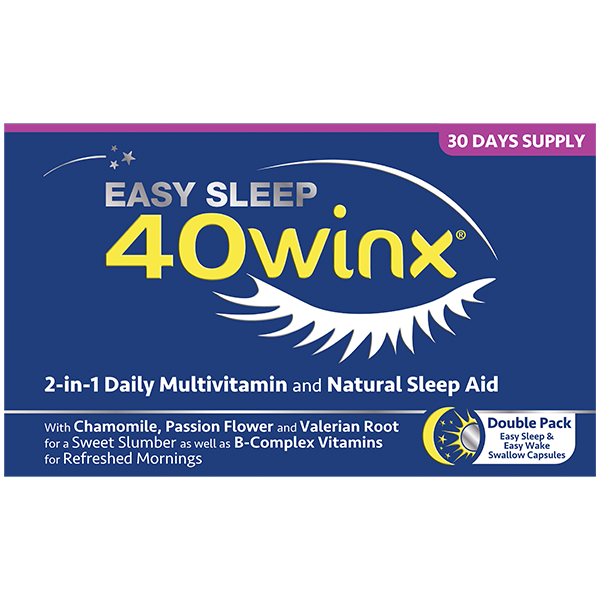FREE SHIPPING FOR ORDERS R500 OR MORE
FREE SHIPPING FOR ORDERS R500 OR MORE

Migraine Prevention Vitamins
VasQ10
Generally, migraines are not dangerous, but they are considered to be a painful condition that affects the quality of your life.
Home | Product Ranges | Migraine Prevention Vitamins
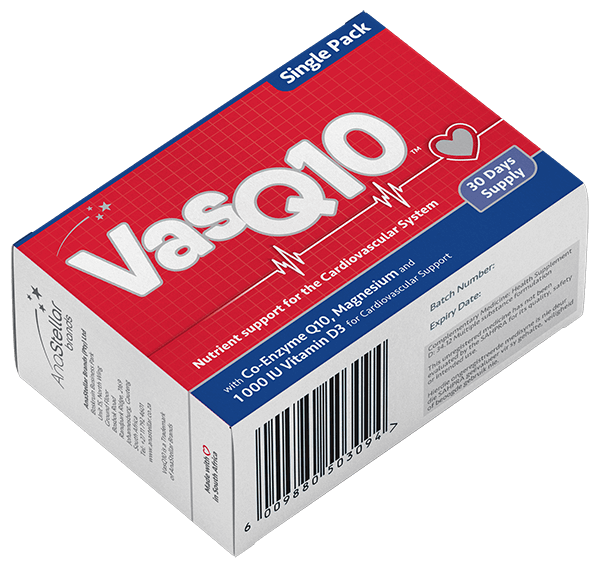

Nappi Code: 723751001
Bar Code: 6009880503094
incl. 15% VAT
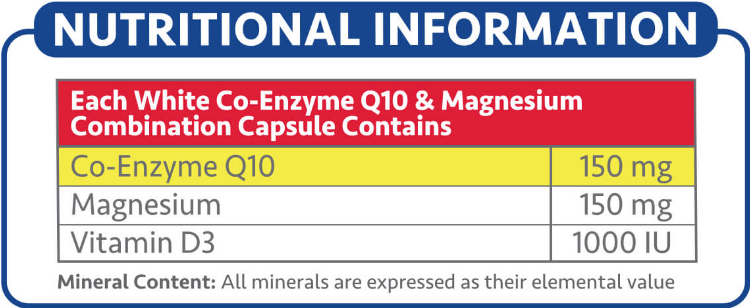
Each VasQ10 pack contains a 30-day supply of:
- 30 x White Coenzyme Q10 Combination Capsules
Take one White Coenzyme Q10 Combination Capsule at night with dinner.
Vitamins for Migraines
A migraine is a neurovascular condition that is characterised by recurrent headaches associated with:
- photophobia (aversion to light)
- phonophobia (aversion to sound)
- nausea and vomiting
Migraine is a severe and painful long-term health condition. If you have migraine, you will have migraine attacks, which can be a whole-body experience. Migraine symptoms are not the same for everyone. Some people have extreme symptoms and are not able to function normally when they have a migraine attack.
More women than men seem to be affected and they are more common between the ages of 20 – 35 years. They are classified into 2 categories namely migraines without auras (common migraines) and migraines with auras.
Migraine prevention vitamins and minerals include Coenzyme Q10, Magnesium and Vitamin D.
Coenzyme Q10 and Migraines
- Migraine patients given 150 mg of Coenzyme Q10 daily for 3 months have a 50% reduction in Migraine days.
Magnesium and Migraines
- Magnesium sufferers have decreased levels of Magnesium.
- Migraine patients receiving Magnesium show a 42% decrease in migraine frequency (after 9 weeks) and 50% decrease in migraine days.
Vitamin D3 and Migraines
- Migraine patients given over 1000 IU of Vitamin D3 daily decreases production of inflammatory mediators in the cells.
VasQ10 contains Coenzyme Q10, Magnesium and Vitamin D and thus can be used prophylactically for Migraine control and prevention.
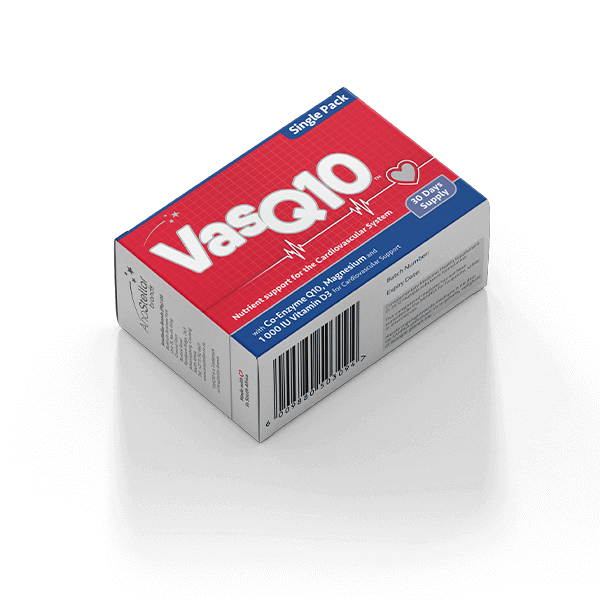
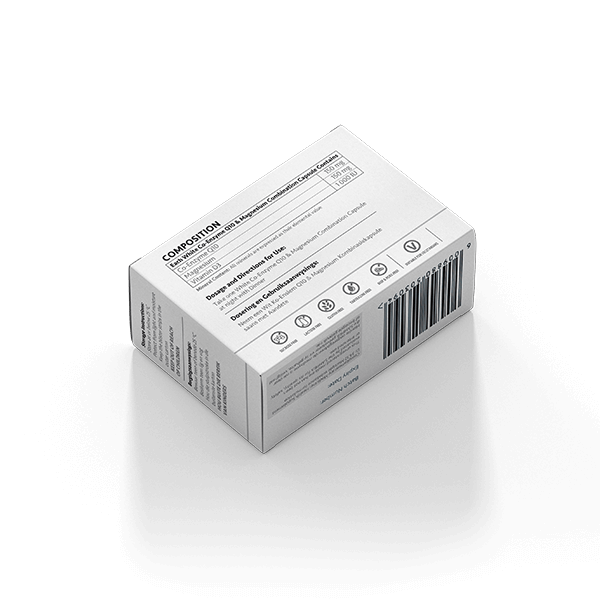
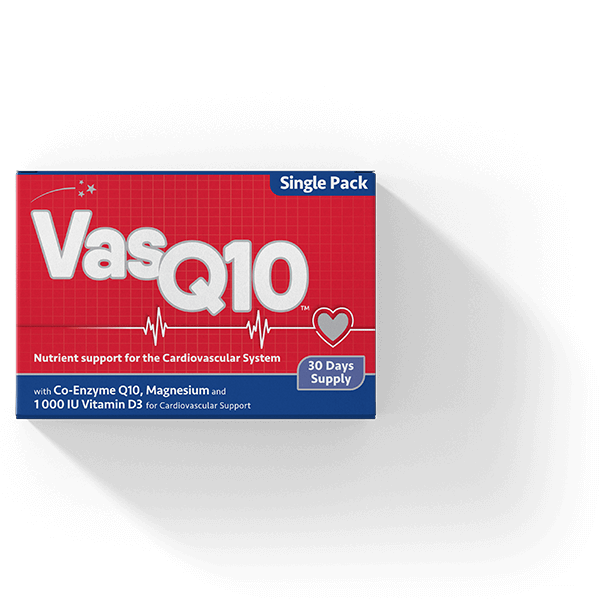
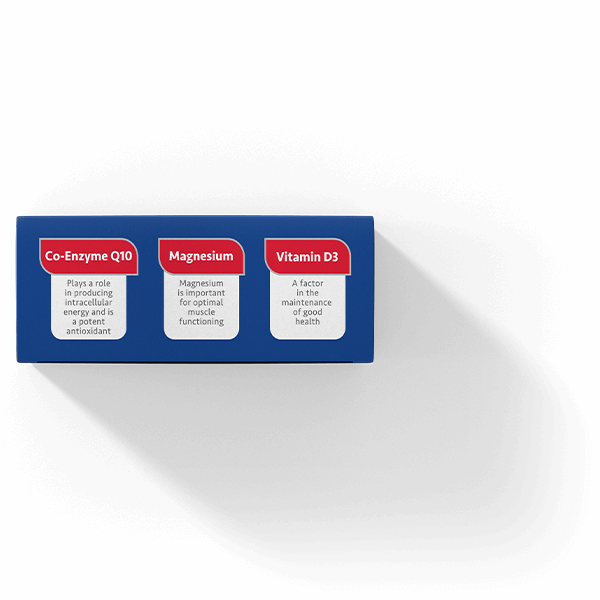
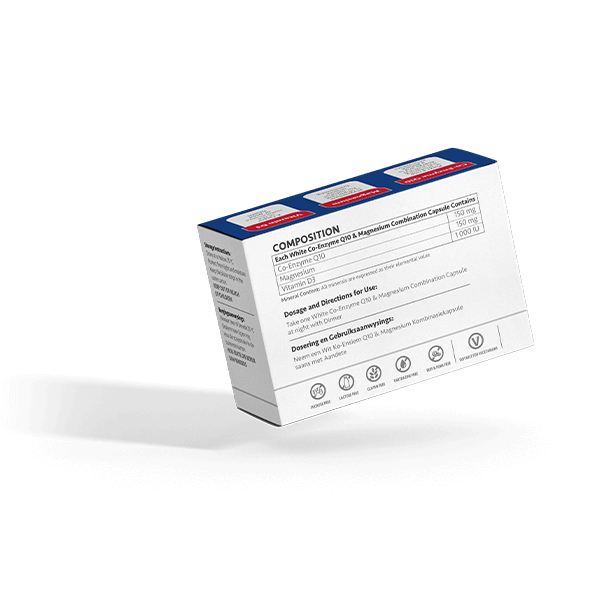
Frequently asked Questions
Coenzyme Q10 is an antioxidant that your body produces naturally. Your cells use Coenzyme Q10 for growth and maintenance. Levels of Coenzyme Q10 in your body decrease as you age. Coenzyme Q10 levels have also been found to be lower in people with certain conditions, such as heart disease, and in those who take cholesterol-lowering drugs called statins.
Coenzyme Q10 works in the mitochondria (the powerhouse of the cells) to produce energy. Coenzyme Q10 has also been known for its anti-aging properties.
Blood pressure treatment should be treated by a Medical Doctor. Coenzyme Q10 is an antioxidant that helps fight free radicals (oxygen-containing molecules that damage cell membranes and DNA). Coenzyme Q10 is found in the heart muscle and may assist with overall cardiovascular health, not specifically blood pressure.
The recommended daily allowance (RDA) for Magnesium for adults is 310–420 mg depending on age and gender. The Modern Western Diet is quite deficient in Magnesium and as a result you may not be able to get adequate quantities of Magnesium from your diet alone. Thus, it may be beneficial to take a Magnesium Supplement to increase your daily Magnesium intake.
VasQ10 contains high doses of Magnesium and can be used to supplement Magnesium deficits from the diet.
Generally, migraines are not dangerous, but they are considered to be a painful condition that affects the quality of your life. Please consult your doctor if you are uncertain of the cause of your migraines.
Migraines can be hereditary. They may result from a combination of genetic, environmental, and lifestyle factors.
Migraines can start from triggers that seem to kick off the symptoms. Some possible migraine triggers include the following:
- Increased Stress
- Biological conditions: Hormonal fluctuations
- Environmental conditions: Exposure to light or smells
- Fatigue
- Lack of sleep (change in sleeping patterns)
- Glaring or flickering lights
- Weather changes
- Certain foods and drinks: Caffeine, Chocolate etc
The causes of migraines can be genetic, environmental, and lifestyle factors.
Learn what your migraine triggers are by using a migraine diary. Make notes on things that happen when you get a migraine, for example any specific food eaten etc.
By identifying and avoiding your specific triggers, you can minimize your chances of having a migraine.




